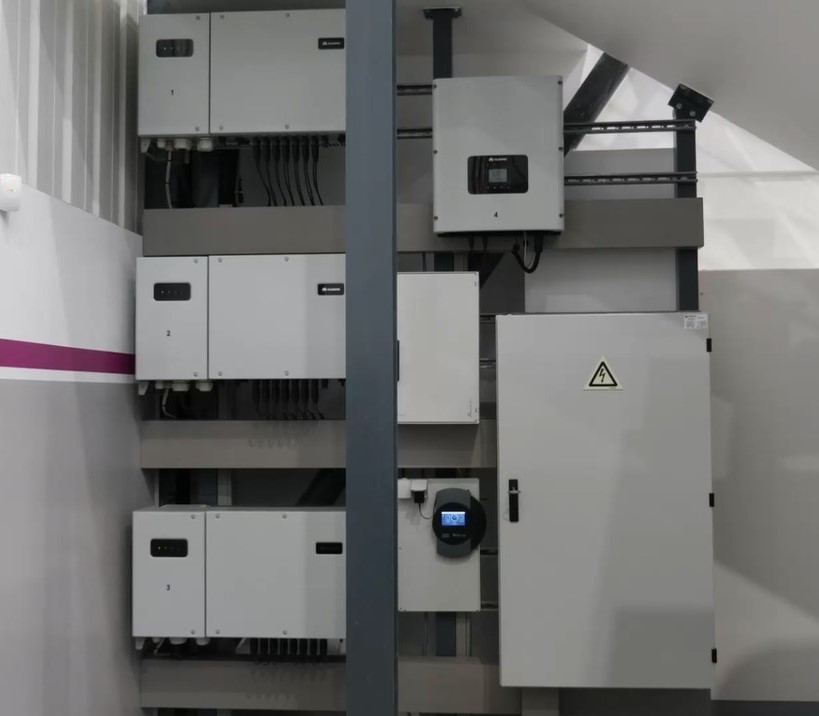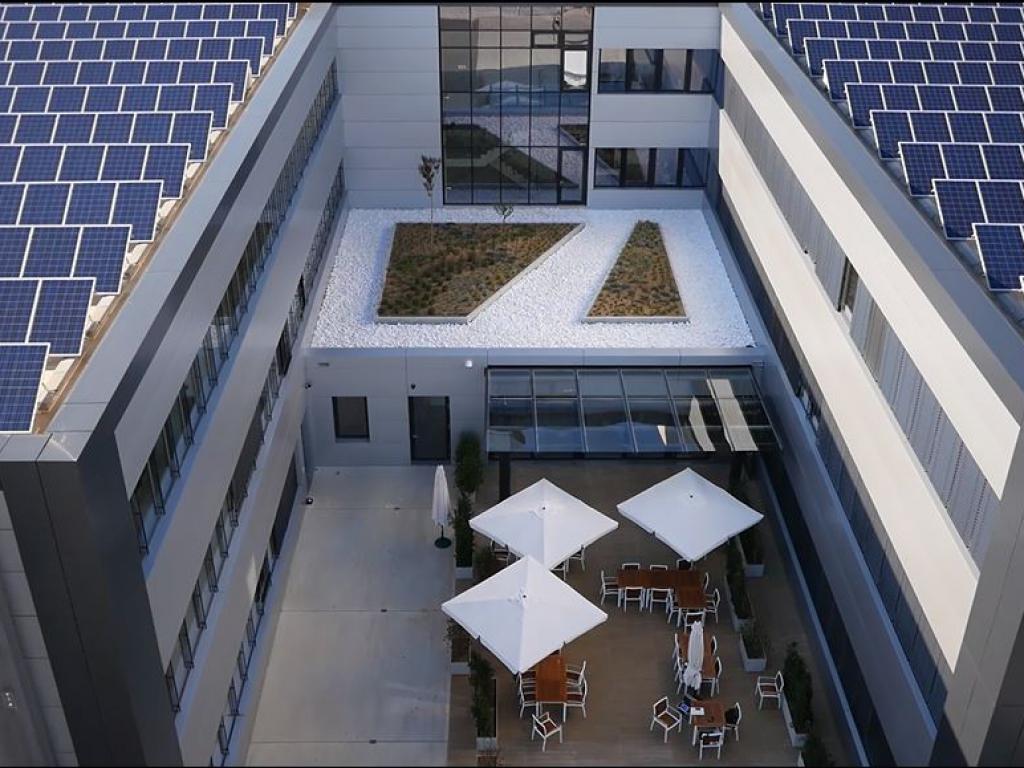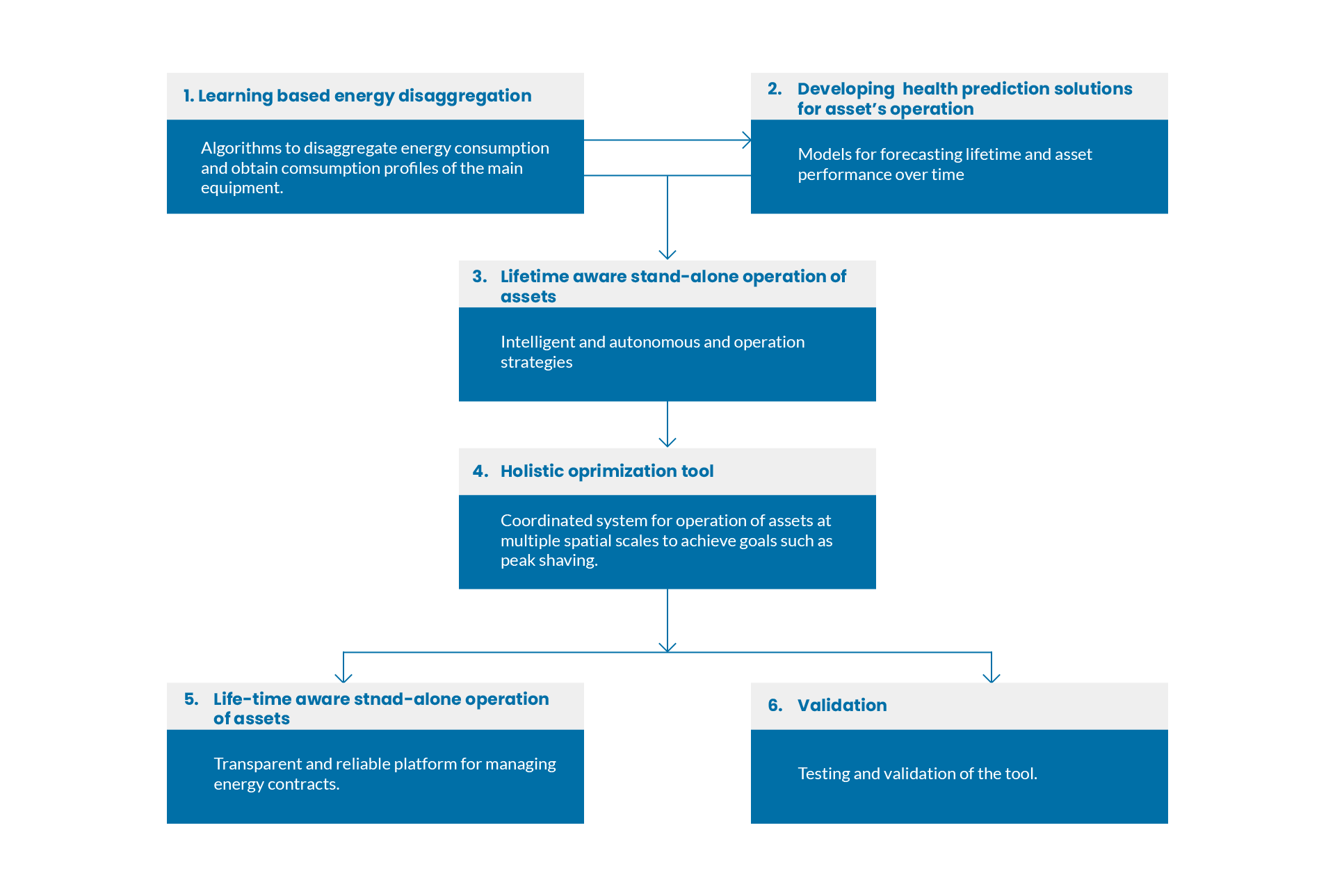Project Background
Artificial Intelligence (AI) is the driving force behind the ongoing industrial revolution. This revolution is fueled by increasing adoption of state-of-the-art sensing and data collection technologies as well as advancements in data processing solutions. AI is expected to play a significant role in the international battle against climate change. Leveraging advanced machine learning techniques improves efficiency of electric systems and helps to decarbonize this critical sector. The high-level objective of this project is to leverage data collection and sensing advancements and develop AI based methodologies to facilitate transition towards a cleaner energy future.


